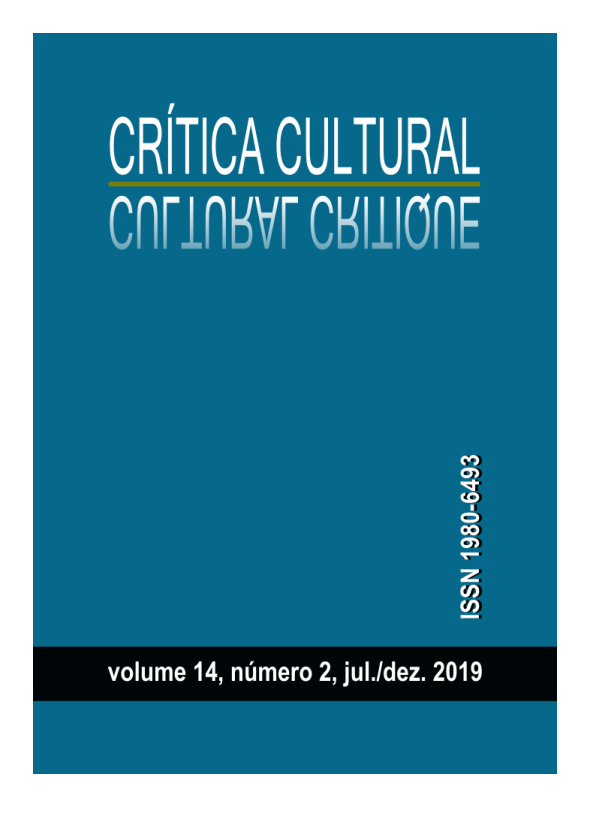Educational crisis policy: cause or effect of worldwide authoritarianism and plutocractic rationality?
DOI:
https://doi.org/10.19177/rcc.v14e22019161-181Keywords:
Education, Thought, University, Subjectivation, Plutocracy, Exception.Abstract
This article aims to promote the debate around the plutocratic strategies of commercialization of one of the fundamental public goods for the autonomous constitution of citizens and cultures, peoples and countries, education. But the logic of precariousness of education, if not of the commodification of education, characteristics of despotic, authoritarian governments at the service of the global financialized plutocracy implies the strategy of annihilation of the power of constitutive thinking of singularities committed to human rights, to the dignity of life. in its entirety and, especially with the defense of the public space, the common good, primordial conditions in the shaping of societies, and of a sufficiently humane and responsible world with future generations. The article suggests that it is an untransferable condition in a context of financial capital accumulation, controlled by the national and global plutocracy, promoter of the crisis as a determining technique of the forms of government, under the prerogative of a rule of law, operationalized by the permanent state of exception. the power of thought that historically found itself accepted and developed within the universities. Particularly in the circumstances of Brazilian society constituted under the ethos of slavery, public universities are constituted as locus par excellence of constitution of reflections, analyzes and questions that enable us to take ourselves as an object, understanding the limits, but especially the civilizing potentialities at our disposal.
Downloads
Published
Issue
Section
License

Revista Crítica Cultural de http://www.portaldeperiodicos.unisul.br/index.php/Critica_Cultural/index está licenciado com uma Licença Creative Commons - Atribuição 4.0 Internacional.


